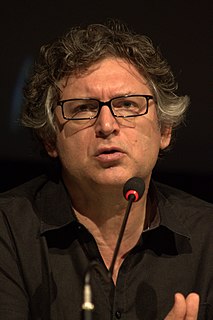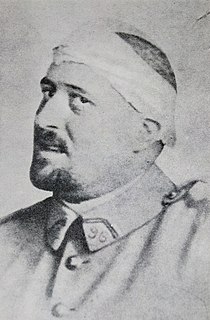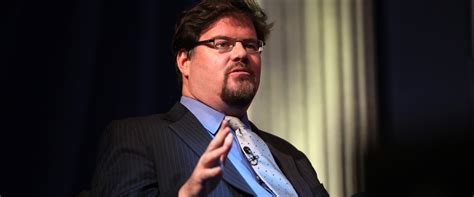A Quote by Anagarika Govinda
Religion without art is a dead system of dogmas which have no effect on life.
Related Quotes
A determination or an effect within a system which is no longer that of a presence but of a diffrance, a system that no longer tolerates the opposition of activity and passivity, nor that of cause and effect, or of indetermination and determination, etc., such that in designating consciousness as an effect or a determination, one continues - for strategic reasons that can be more or less lucidly deliberated and systematically calculated - to operate according to the lexicon of that which one is de-limiting.
The aggressive and quite illogical idea of a single religion for all mankind, a religion universal by the very force of its narrowness, one set of dogmas, one cult, one system of ceremonies, one ecclesiastical ordinance, one array of prohibitions and injunctions which all minds must accept on peril of persecution by men and spiritual rejection or eternal punishment by God, that grotesque creation of human unreason which has been the parent of so much intolerance, cruelty and obscurantism and aggressive fanaticism, has never been able to take firm hold of the Indian mentality.
So far as a man may be proud of a religion rooted in humility, I am very proud of my religion; I am especially proud of those parts of it that are most commonly called superstition. I am proud of being fettered by antiquated dogmas and enslaved by dead creeds (as my journalistic friends repeat with so much pertinacity), for I know very well that it is the heretical creeds that are dead, and that it is only the reasonable dogma that lives long enough to be called antiquated.
Art is not a substitute religion: it is a religion (in the true sense of the word: 'binding back', 'binding' to the unknowable, transcending reason, transcendent being). But the church is no longer adequate as a means of affording experience of the transcendental, and of making religion real - and so art has been transformed from a means into the sole provider of religion: which means religion itself.
History, we can confidently assert, is useful in the sense that art and music, poetry and flowers, religion and philosophy are useful. Without it - as with these - life would be poorer and meaner; without it we should be denied some of those intellectual and moral experiences which give meaning and richness to life. Surely it is no accident that the study of history has been the solace of many of the noblest minds of every generation.








































